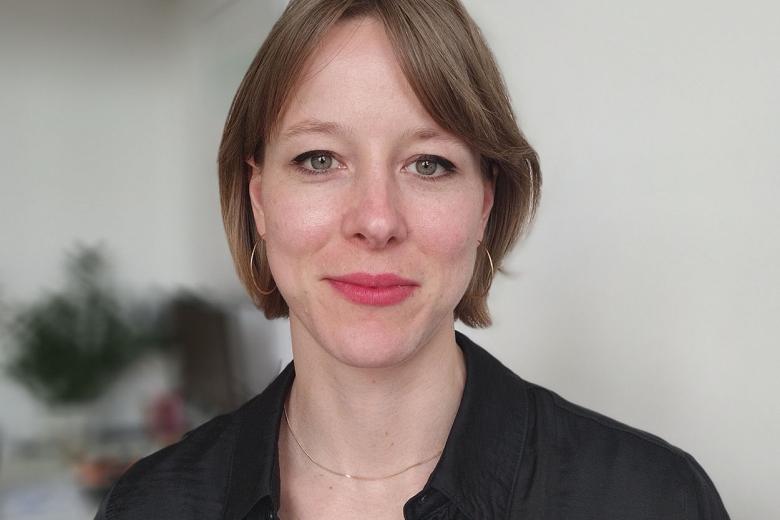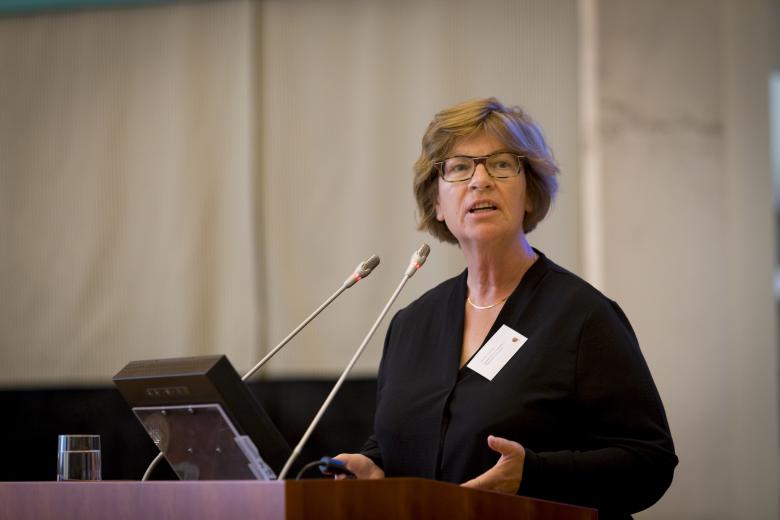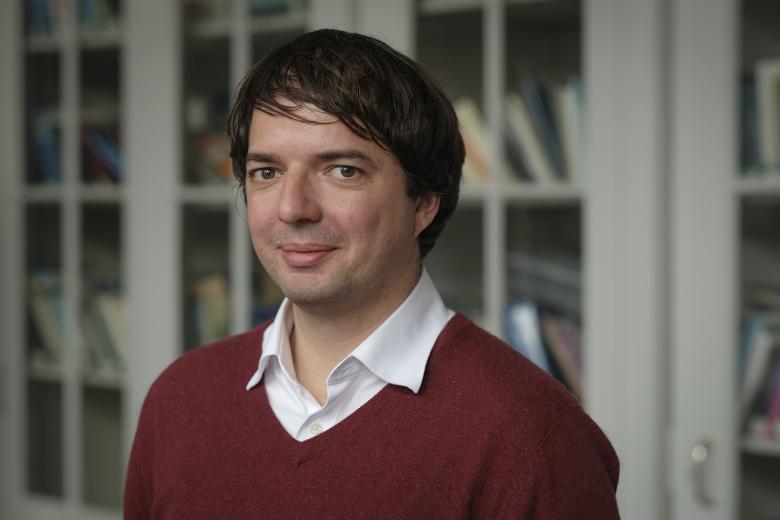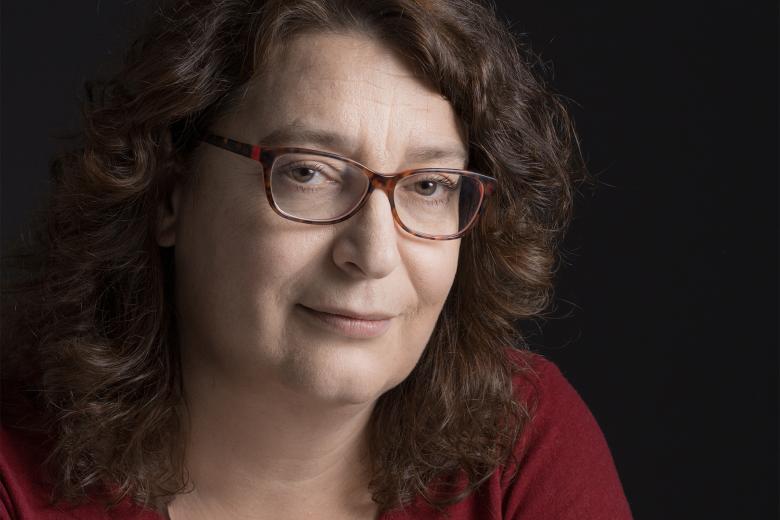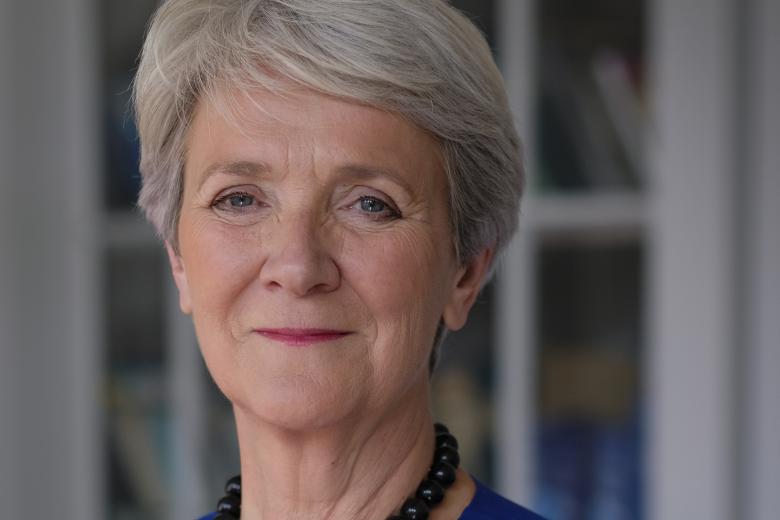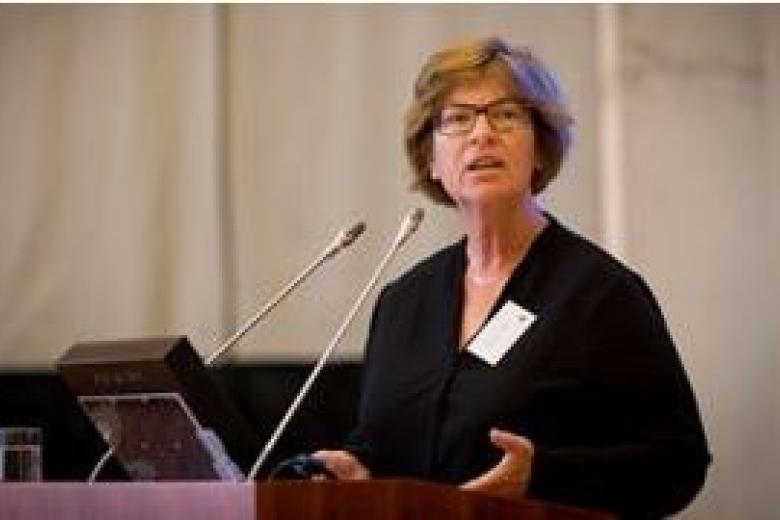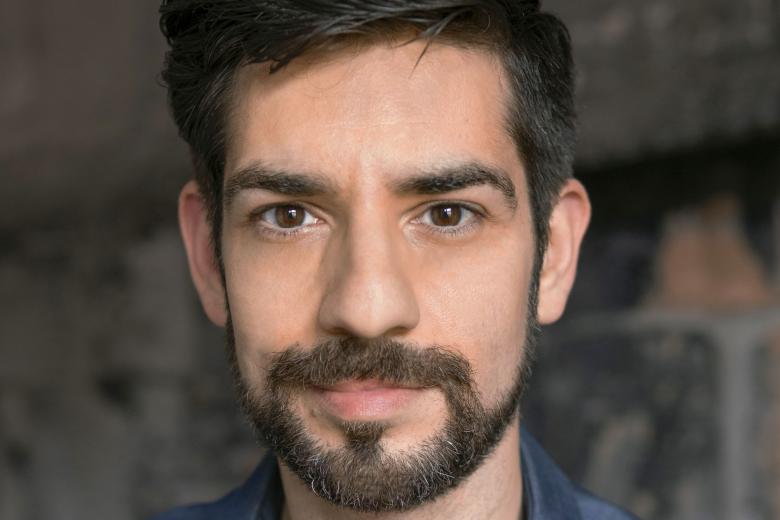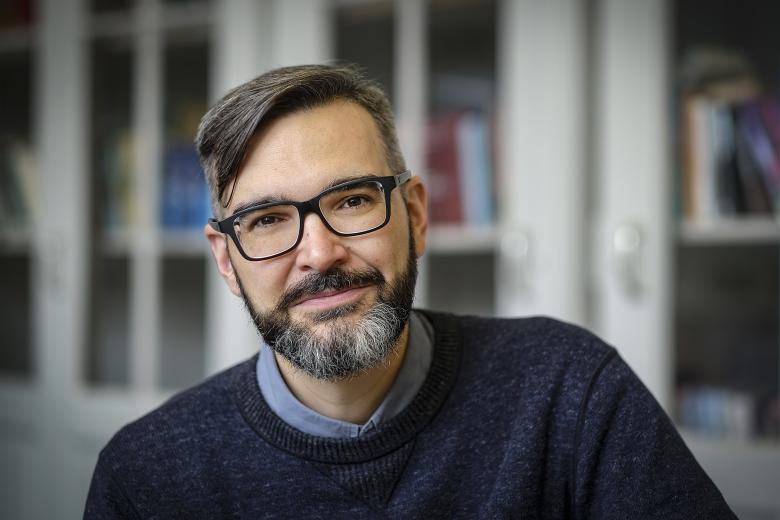Societal impact at FASoS
Researchers at FASoS impact society in various ways, for instance through appearances in the media, engaging in public debate, collaborating with civil society or cultural organisations, providing consultancy services, or helping with the broader processes of discussion and self-reflection in society. Impact takes place on different levels (local, regional, national and international), with diverse partners and communities, and in different formats (workshops, stakeholder seminars, websites, etc.).
FASoS researchers regularly appear in the media to provide expert opinions. On the left-hand side you find a selection of our researchers in the news.
KNAW research communication group
FASoS is committed to involving society in its research. But how can this best be done?
In 2021, FASoS was successful in the pilot fund ‘Science communication by scientists: Appreciated!’, a programme administered by the KNAW (the Royal Netherlands Academy of Arts and Sciences) to support researchers who are committed to research communication.
The pilot fund was awarded to a group of several academic and support staff members for the project titled ‘Sensory Stories in Digital Times’. The group offers innovative ways of communicating through the senses, for example listening to podcasts, analysing illustrations, or working with materials. They also train PhD students and organise workshops on research communication, video production, and writing for a wide general public. In this way, they train researchers to communicate with a broader audience.
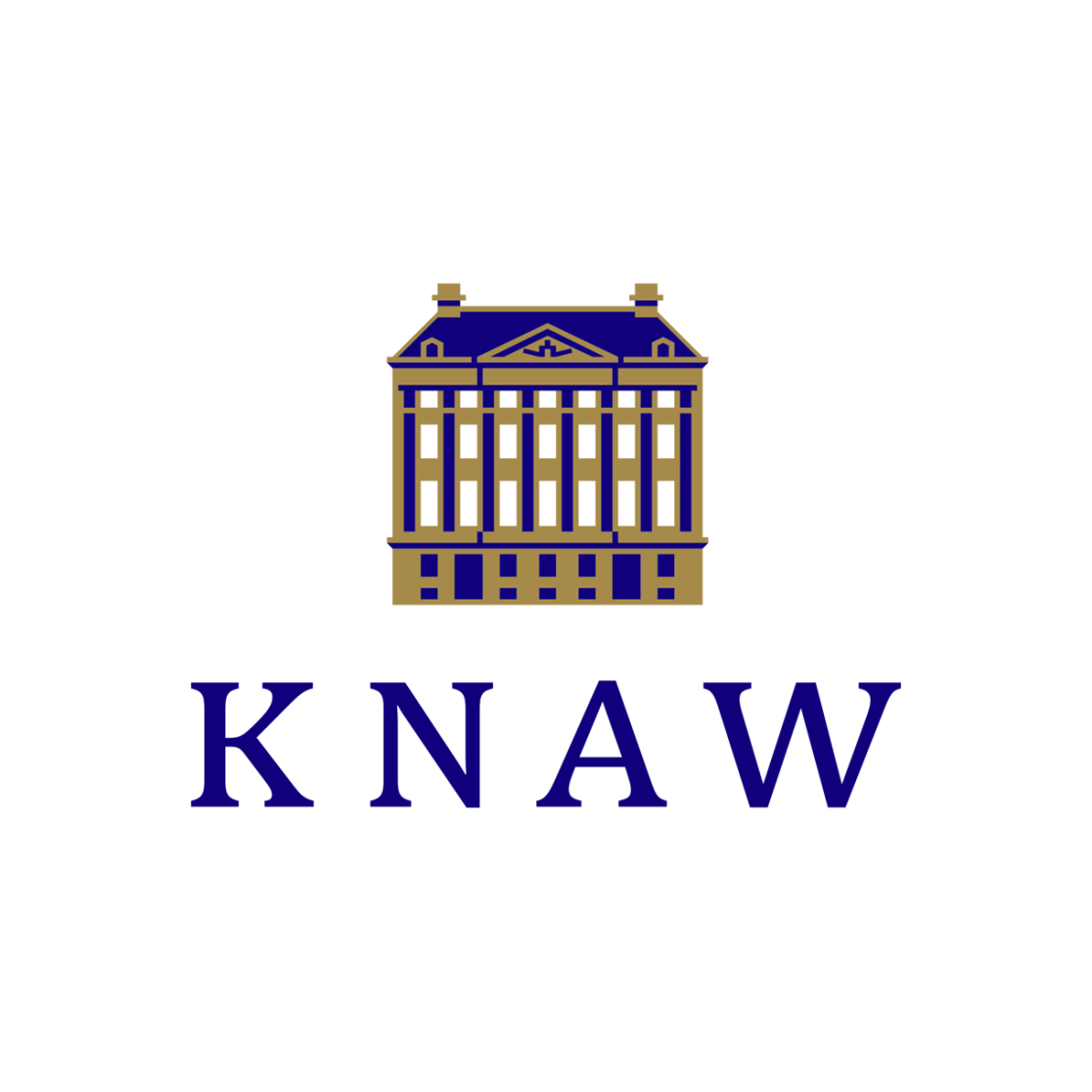
FASoS Valorisation Prize Honourable Mention 2023: The Stories We Tell: Creative Nonfiction Accounts of Our Research
Project by: Elsje Fourie and Christin Höne
“The Stories We Tell: Creative Nonfiction Accounts of Our Research”, edited by Elsje Fourie and Christin Höne, put together the first FASoS anthology of creative nonfiction, which uses the techniques of creative writing to bring research to life for a nonspecialist readership. The anthology features contributions from 19 researchers across all four FASoS research groups and all five departments.
FASoS Valorisation Prize winner 2022: communication activities regarding Russia’s invasion of Ukraine
Project by: Mariëlle Wijermars
Mariëlle Wijermars provided expert opinion via various national and international (news) platforms during Russia's invasion of Ukraine.
According to the jury of the Valorisation prize, Mariëlle "has consistently and comprehensively engaged with the communication opportunities created by this development. The Committee acknowledges the time investment, eloquence and emotional strength required when reaching out to the general public through non-academic media. Mariëlle has been very courageous to embrace these opportunities as public exposure can also come with attacks and criticism."
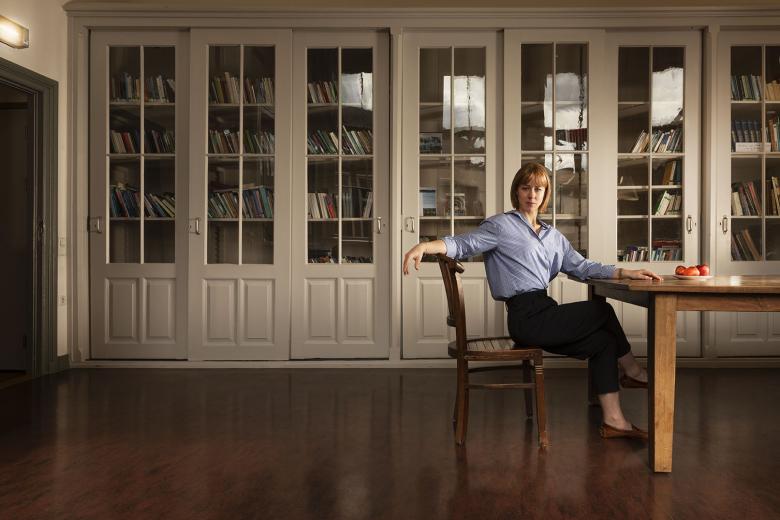
FASoS Valorisation Prize Honourable Mention 2022: Zing je mee?/Singst du mit?
Project by: Marie Rickert
Zing je mee?/Singst du mit? is a bilingual children's book written in Dutch and German that serves as a tool for disseminating research findings. The book is designed to be child-friendly, accessible, and engaging, providing a fun and interesting way for children to learn about the findings presented in the paper "Singing in Semiotic Assemblages".
According to the jury of the Valorisation prize, "small children are an often-overlooked target group in academic outreach, and the fact that Marie created this original project as an early-career researcher is very impressive."
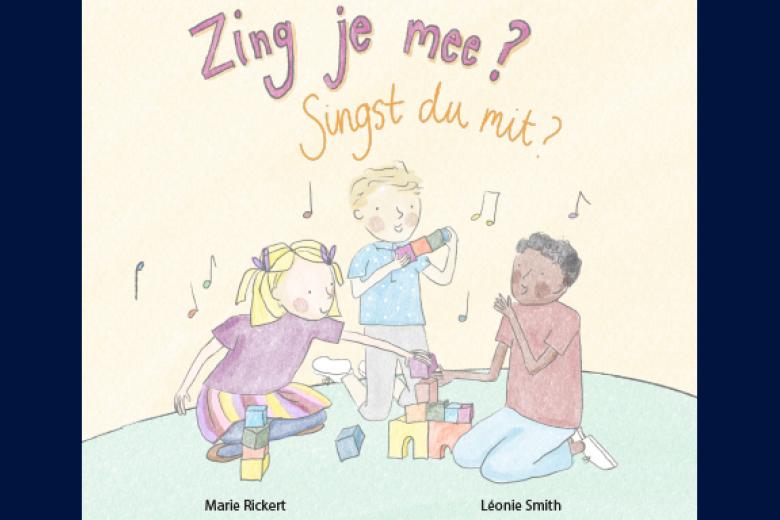
FASoS Valorisation Prize winner 2021: Walking Seminar Den Haag
Project by: Christian Ernsten
Walking Seminar Den Haag consists of a website hosting four self-guided audio tours through the city of The Hague, the associated walking-route maps, and accompanying essays written by FASoS students.
According to the jury of the Valorisation prize, Walking Seminar Den Haag "is a highly original project that opens an entire new dimension to public space and at the same time enables researchers and artists to get some timely societal issues on the ‘public’ agenda."
Picture by: Dirk-Jan Visser
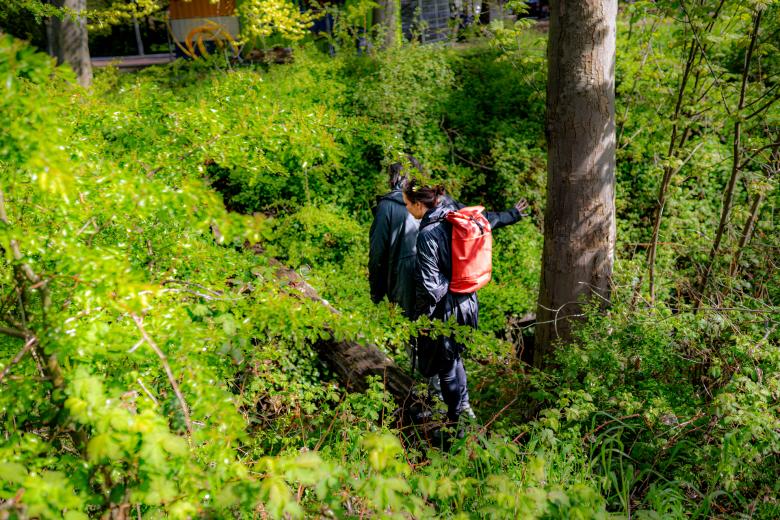
FASoS Valorisation Prize Honourable Mention 2021: Unboxed
Project by: Maastricht University Science and Technology Studies (MUSTS)
Researchers of the MUSTS group adopted 23 scientific instruments and technical artefacts from the collection of Centre Céramique, a public library and cultural heritage centre in Maastricht. These include mundane objects too, such as a handdrill, bulb or a simple key. The instruments had remained in storage for years, but are now displayed at the centre—literally and figuratively, they were “unboxed” by the researchers. The instruments will be on display in groups: every two months, a window case positioned amidst books on science and technology will show a fresh group of instruments until all adopted instruments have had their turn.
The public exhibition display is accompanied by a book titled Unboxed. Instruments for Science and Technology in Centre Ceramique.
According to the jury of the Valorisation prize, Unboxed "is a rare example of a research group's joint effort to reach members of the public and could easily be seen as an exemplar for other research groups. The fact that MUSTS was approached by an external stakeholder to collaborate (rather than being researcher-initiated) is testament to the public and cross-sectoral profile and standing of the research programme."
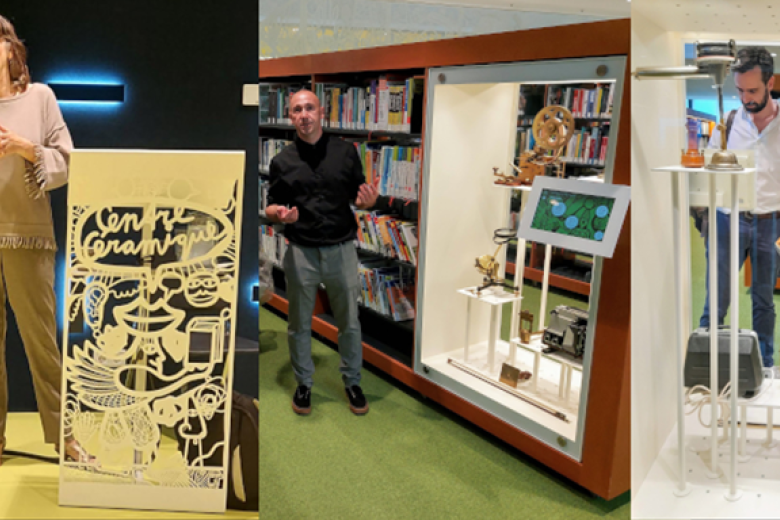
FASoS Valorisation Prize winner 2020: Finding Your Voice
Project by: Valentina Mazzucato, Karlijn Haagsman, Joan van Geel, Gladys Akom Ankobrey, Sarah Anschütz, Laura Ogden, Onallia Ester Osei
Finding Your Voice was a creative workshop organised by the MO-TRAYL project to give back to some of the young participants who had contributed so much to MO-TRAYL's research, and to share their stories on growing up transnationally with the public.
According to the jury of the Valorisation prize, "considerable thought has gone into the development of this workshop and its associated outputs, which successfully paint a powerful and moving picture of the respondents and researchers alike. The net result are carefully crafted products which not only give the respondents a voice, but also give the reader a unique perspective on their stories which they would not have enjoyed through traditional channels."

FASoS Valorisation Prize Honourable Mention 2020: Mosa Historia
Project by: Vincent Bijman, Ferenc Laczo, Simone Schleper, and Vincent Lagendijk
Mosa Historia is a blog developed by FASoS' History Department. The blog serves as a window on the activities of staff members of the Department. Through blogs they aim to introduce, popularise, and report on their work, findings, and challenges.
According to the jury of the Valorisation prize, Mosa Historia "opens up and shares details about the research process. As such, it is not simply an add-on to existing research, but really provides new insights that would not have been available otherwise."
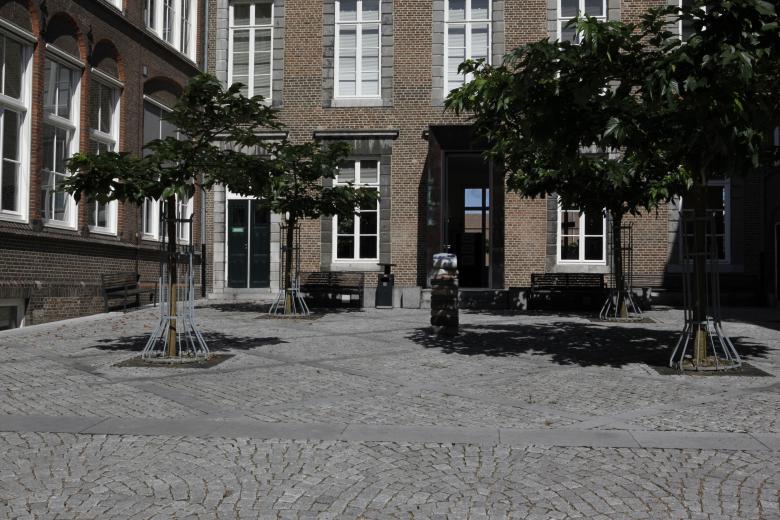
FASoS Valorisation Prize winner 2019: The Maastricht Debate
Project by: Johan Adriaensen, Christine Arnold, Thomas Christiansen, Christine Neuhold, Michael Shackleton, supported by Afke Groen and Mathieu Segers
The Maastricht Debate was an evening with the lead candidates of the European political parties for the role of European Commission President. The 90-minute event was broadcast live across the European Union.
According to the jury of the Valorisation prize, "the Maastricht Debate team approached engagement not only as a matter of post-research, but used the debate as both an important societal event, and an object of study and a way of gathering data, linking it to courses and teaching. This approach towards valorisation takes the societal consequences of our scientific expertise seriously."
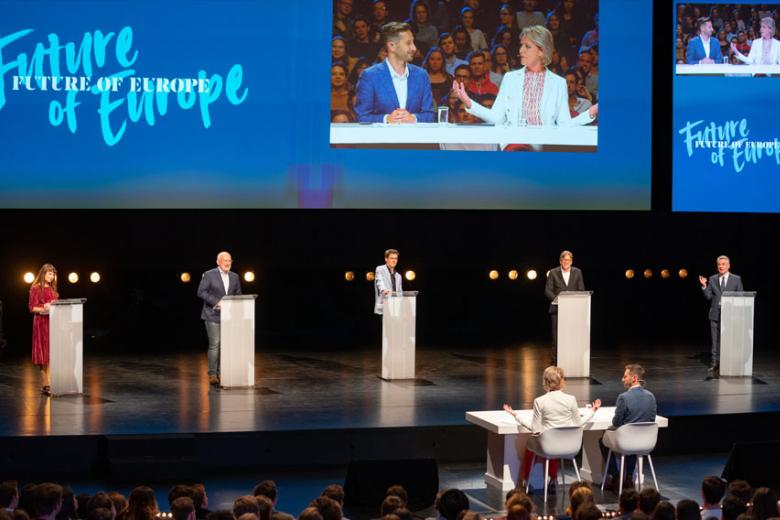
-
FASoS Valorisation Prize winner 2023: "(Neo)Fascist Metropolis: Madrid and the Transnational Far Right Networks since the end of the Spanish Civil War"
-
FASoS Valorisation Prize Honourable Mention 2023: The Stories We Tell: Creative Nonfiction Accounts of Our Research
-
FASoS Valorisation Prize winner 2022: communication activities regarding Russia’s invasion of Ukraine
-
FASoS Valorisation Prize Honourable Mention 2022: Zing je mee?/Singst du mit?
-
FASoS Valorisation Prize winner 2021: Walking Seminar Den Haag
-
FASoS Valorisation Prize Honourable Mention 2021: Unboxed
-
FASoS Valorisation Prize winner 2020: Finding Your Voice
-
FASoS Valorisation Prize Honourable Mention 2020: Mosa Historia
-
FASoS Valorisation Prize winner 2019: The Maastricht Debate
